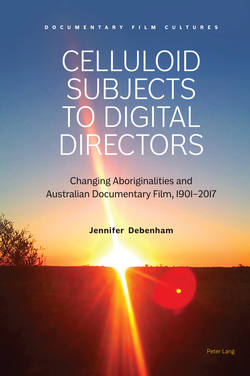Читать книгу Celluloid Subjects to Digital Directors - Jennifer Debenham - Страница 17
На сайте Литреса книга снята с продажи.
Decolonising the Documentary Film in Australia
ОглавлениеDecolonisation of research methodologies is especially important to documentary film production by Indigenous filmmakers. Māori academic Linda Tuhiwai Smith’s work outlines the importance for the Other to “research back” to challenge the “underlying code of imperialism and colonialism”.10 Aboriginal and Torres Strait Islander filmmakers now engage with all aspects of film production; not only do they use cameras they are sophisticated and conversant with the intricate processes of ←5 | 6→funding applications, utilising government incentives, negotiating the legal aspects of filmmaking and distribution rights to name just a few. In other words, they have “researched back” the film industry, using and defining it to meet their needs and desires. The degree of self-determination achieved to date strengthens the platforms from which serious challenges to colonial “ideological constructions of the Other” can be propelled.11 Documentary film production by Aboriginal and Torres Strait Islander peoples is but one area where these challenges may originate. The activities of Aboriginal and Torres Strait Islander filmmakers have re-shaped Aboriginality in ways that successfully challenge previous colonial constructions and imaginations about Aboriginal and Torres Strait Islander lives.
